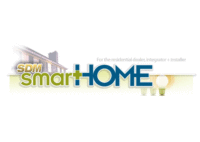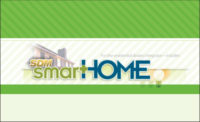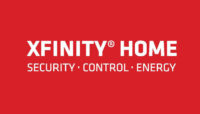According to research findings released by NTT DATA, two out of three U.S. homeowners insurance customers would be willing to change insurance companies to get policy discounts for using smart home devices, including smart thermostats, smoke/carbon monoxide detectors and garage door openers.
“Our study found that there is a large distinct group of homeowners insurance customers – 64 percent of survey respondents – who are willing to invest in smart home technology. However, these ‘Seekers’ are less loyal to their current carrier,” said Normand Lepine, senior practice lead, Insurance Data and Analytics for NTT DATA. “Seekers are the most important customer segment for insurers to pay attention to as they pose both a sizable opportunity for growth and a potential risk for disruption.”
In October 2016, NTT DATA surveyed more than 1,000 U.S. consumers and over 100 U.S. insurers online to answer four key questions:
Are consumers ready for smart home technology?
Will consumers share data to reduce risk and save money?
Are insurance carriers ready for the Internet of Things?
What are the barriers, threats, and opportunities for the insurance industry?
Key Study Findings
Non-traditional players pose a threat to traditional insurance carriers – 53 percent of Seekers would trust a non-traditional provider such as Google or Apple for insurance coverage.
Top three reasons why U.S. consumers buy smart home devices are the same reasons they buy homeowners insurance – safety, security and cost savings. However, 80 percent of U.S. consumers are concerned about information security and 73 percent are concerned about privacy when it comes to sharing data from these devices.
Discounted pricing alleviates consumers’ privacy and security concerns. Customers are comfortable sharing data from their smart home devices when insurance companies agree to reduce their policy premiums. Seekers are more willing to share data, but their comfort level depends on how personal the data is and from which device:
47 percent of Seekers will share data from thermostats,
41 percent from security systems,
59 percent from CO detectors,
Only 24 percent will share data from cameras.
Insurance carriers have made strong progress leveraging smart home technology to improve products. Carriers realize that the Internet of Things (IoT) creates opportunities to extend services and value propositions to customers and change the way insurance is delivered. The study found 77 percent of carriers are ramping up IoT initiatives and 59 percent say they have made strong progress leveraging smart home technology to improve products.
Uncertainty creates an opportunity for disruption. The role insurers will play in the IoT ecosystem and how they will gain access to the data from customers’ smart home devices is yet to be determined. Competitor segments that insurers believe are best positioned to be major players in the evolving smart home ecosystem include:
72 percent - Major technology firms (i.e. Google, Apple and Samsung)
50 percent - Home appliance manufacturers
36 percent - Telecommunication firms
37 percent - InsurTech companies
25 percent - Insurers
19 percent - Utilities/cable
“The IoT ecosystem is disrupting the insurance industry, inviting new competitors, potential partners and changing how products and services can be delivered,” said Lepine. “Accessing the data that comes from smart home devices and being ready to leverage it will be key to carrier success. NTT DATA recommends insurance companies prioritize the development of partnerships with the smart home gateway firms who will control the flow of this data. Don’t get shut out.”
To request a copy of NTT DATA’s research report available in March 2017, bit.ly/2jYRmUv.








